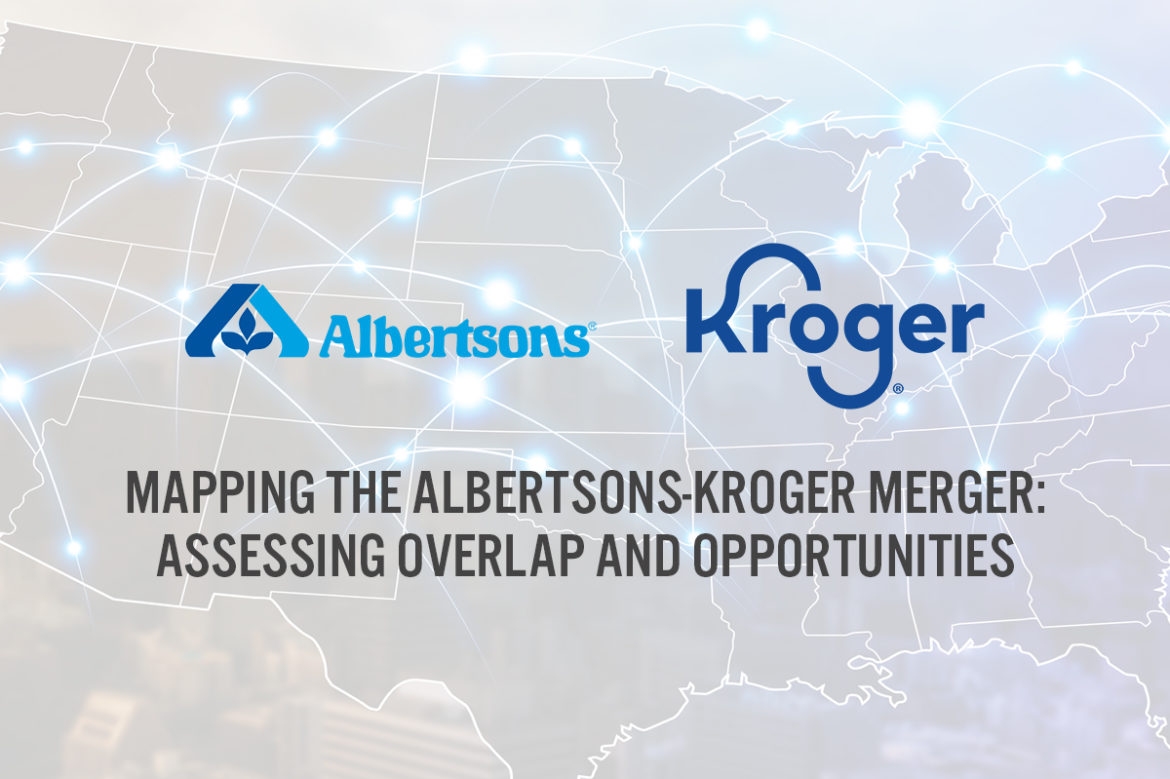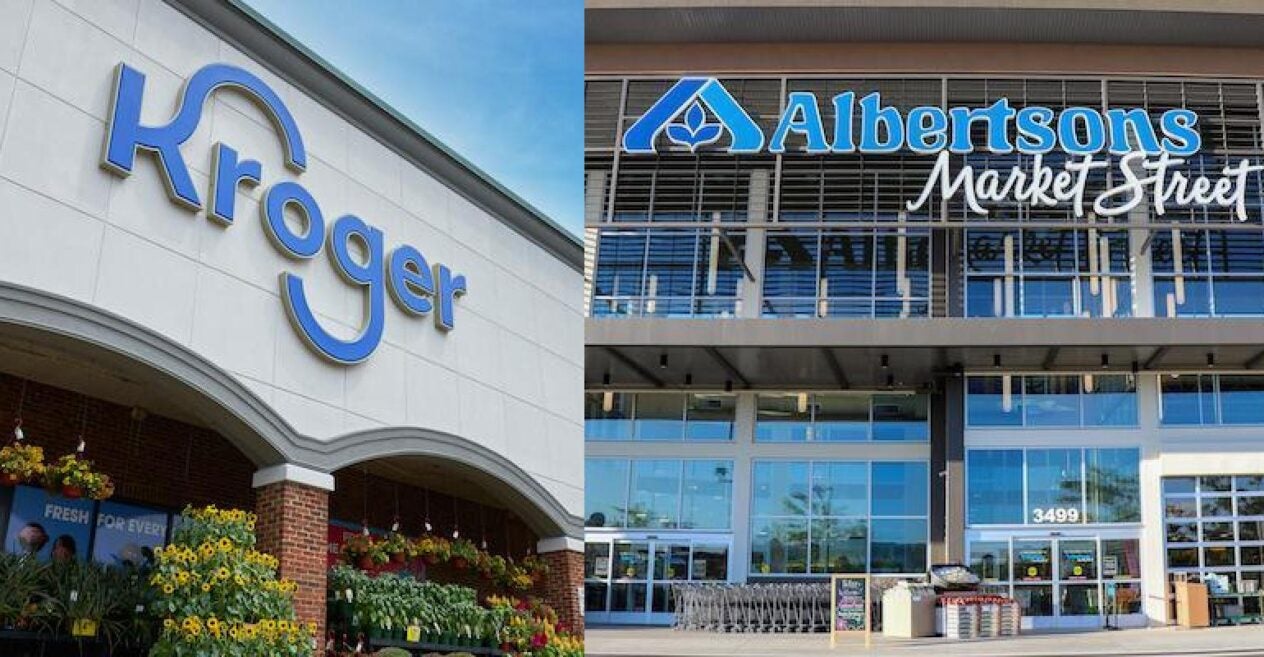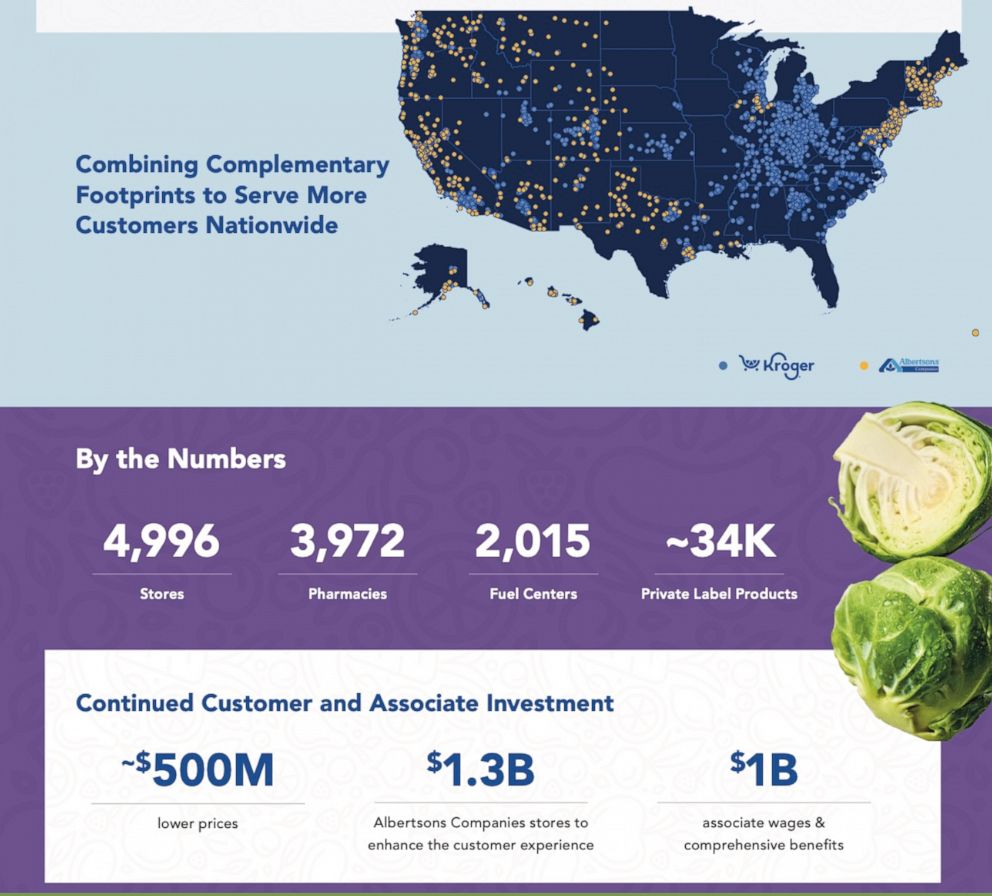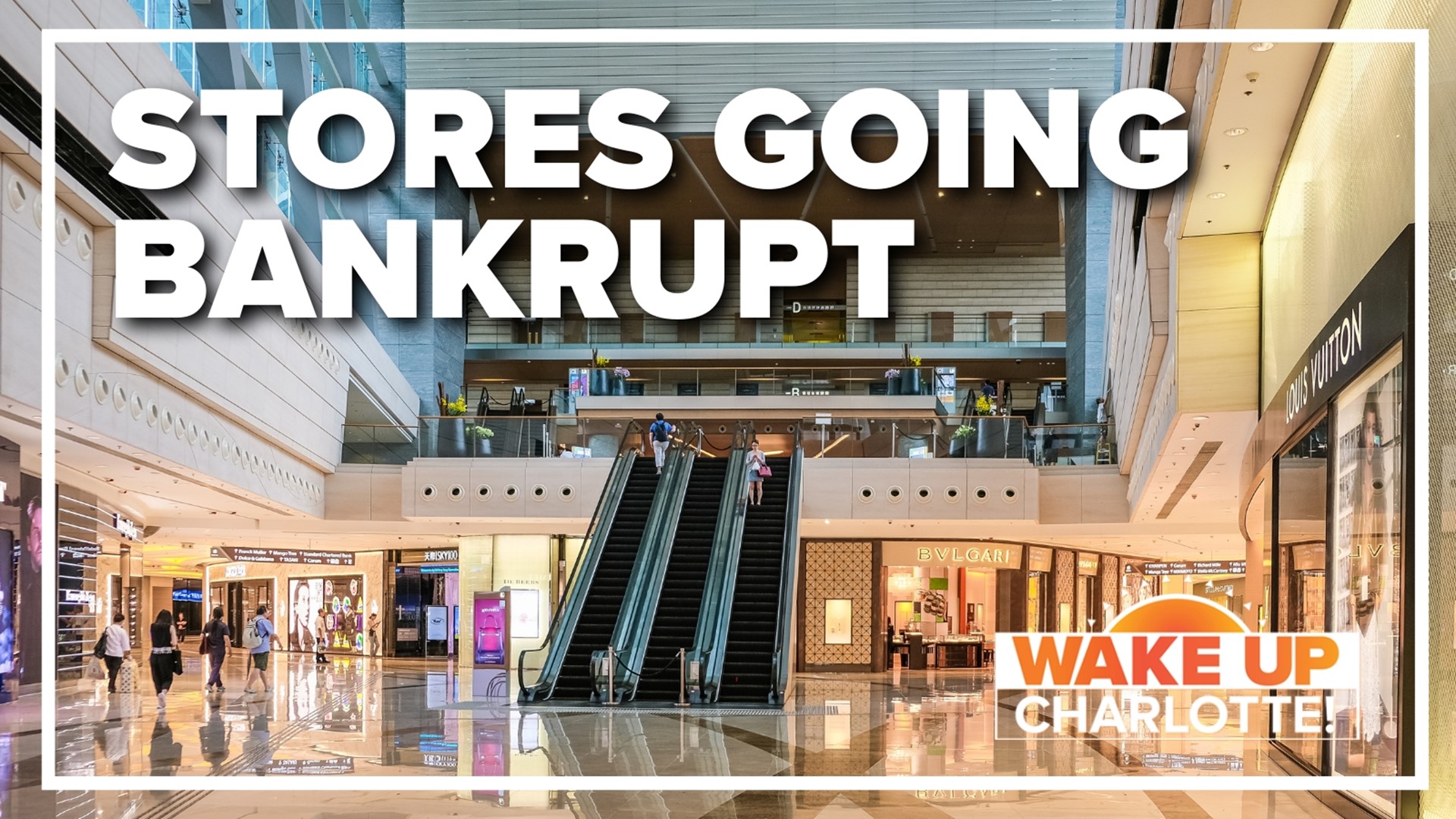Current Developments in the Kroger-Albertsons Merger
The Kroger-Albertsons merger has become a focal point of discussion in the grocery industry, particularly as the companies face significant scrutiny from the Federal Trade Commission (FTC). As of September 2024, the merger is undergoing a critical phase in federal court, with implications that could reshape the grocery landscape in the United States.
Background of the Merger
Kroger, one of the largest supermarket chains in the U.S., announced its intention to acquire Albertsons in October 2022 for an estimated $25 billion. This merger, if successful, would create a grocery giant with a combined total of approximately 5,000 stores across the country. The deal has been framed as a strategic move to enhance competition against other retail giants, particularly Walmart.
Current Legal Proceedings
As of September 2024, the merger is facing a high-stakes legal battle. The FTC has raised concerns that the merger could lead to reduced competition, potentially resulting in higher prices for consumers. The hearing, which has been ongoing for several weeks, has seen testimonies from both Kroger and Albertsons executives, who argue that the merger would ultimately benefit consumers by lowering prices and improving services.
Key Arguments from Executives
During the hearings, the CEOs of Kroger and Albertsons have asserted that the merger would allow them to leverage economies of scale, thereby reducing costs and passing those savings onto consumers. They argue that the combined entity would be better positioned to compete with larger rivals, ultimately benefiting shoppers.
However, critics, including various consumer advocacy groups and the FTC, argue that the merger could lead to monopolistic practices and a reduction in choices for consumers. They fear that the consolidation of such significant market power could stifle competition and innovation in the grocery sector.

Implications for Consumers
The potential impact of the merger on grocery prices is a contentious topic. While Kroger and Albertsons claim that the merger will lead to lower prices, analysts have pointed out that the opportunity cost of pursuing the merger has already been significant for Kroger. The time and resources spent on the merger negotiations and legal battles may have distracted the company from focusing on its core business operations during a critical period.
Divestiture Plans
To address some of the FTC's concerns, Kroger has proposed a divestiture plan that includes selling off approximately 579 stores to a third party if the merger is approved. This move is intended to alleviate fears of reduced competition in certain markets. However, the effectiveness of this plan in maintaining competitive pricing remains to be seen.
Industry Reactions
The grocery industry is closely watching the developments of this merger. Industry analysts have expressed mixed feelings about the potential outcomes. Some believe that the merger could lead to a more competitive landscape, while others warn of the risks associated with reduced competition.
Community Impact
In addition to the economic implications, there are also concerns about the social impact of the merger. For instance, the potential sale of stores could affect local communities, particularly in areas that are already considered food deserts. The loss of local grocery stores could exacerbate existing issues related to food access and affordability.

As the Kroger-Albertsons merger continues to unfold, the stakes are high for all parties involved. The outcome of the legal proceedings will not only determine the future of these two grocery giants but also set a precedent for future mergers in the retail sector. Consumers, industry stakeholders, and regulators alike are keenly observing how this situation develops, as it could have lasting implications for the grocery landscape in the United States.
For more detailed updates, you can follow the ongoing coverage through various news outlets, including Grocery Dive, AP News, and CBS News.





